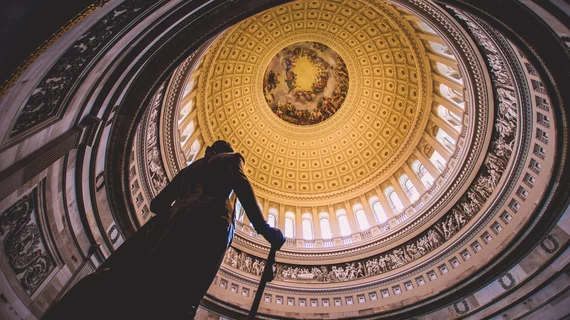US Senate passes bill to bolster access to breast cancer screening services and related care
The U.S. Senate has unanimously passed a bill to bolster access to breast cancer screening and any related care.
Lawmakers approved the Making Advances in Mammography and Medical Options (MAMMO) for Veterans Act on Thursday, March 24, sending it to the House for consideration. If approved, it would require Veterans Affairs to develop a plan to improve breast imaging services and create a telemammography pilot program for vets in geographies without traditional offerings.
Bill co-sponsor Sen. Mazie Hirono, D-Hawaii, said Congress has an obligation to keep service members safe and healthy.
“As the share of veterans who are women continues to rise, fulfilling that duty means strengthening the VA’s ability to identify, treat and defeat breast cancer,” she said in a statement. “The MAMMO for Veterans Act takes important steps toward that goal by increasing access to testing for individuals in rural areas, making upgrades to VA's infrastructure, and fundamentally changing the department's approach to breast cancer testing and treatment.”
In addition, the bill would also expand veterans’ access to clinical trials via partnerships with the National Cancer Institute. Hirono and colleagues indicated that it has support in the House and among numerous veterans’ organizations along with the National Rural Health Association.
“NRHA urges the House of Representatives to quickly pass this important legislation,” CEO Alan Morgan said in the statement.

